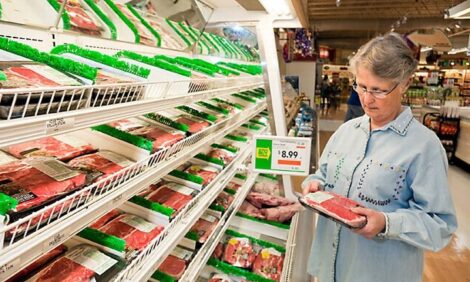



US Changes Health Criteria for Certain EU imports
WASHINGTON - The US Department of Agriculture’s Animal and Plant Health Inspection Service will amend its animal import regulations by changing the disease statuses of four EU states.
Imports from the Czech Republic, Latvia, Lithuania and Poland will now be considered low risk for classical swine fever and free of swine vesicular disease. Latvia and Lithuania also will be added to the list of regions considered free of foot-and-mouth disease and rinderpest. This final rule is scheduled for publication in the 28 November Federal Register.
When the Czech Republic, Latvia, Lithuania and Poland became members of the European Union, they adopted its animal health, welfare and identification legislation, including legislation specific to classical swine fever, foot-and-mouth disease and swine vesicular disease. By adopting these laws and regulations, as well as undergoing a thorough APHIS risk assessment; these countries have met the requirements for a change in status, says USDA.
These countries will now face fewer restrictions when importing livestock and animal products into the US.
When the Czech Republic, Latvia, Lithuania and Poland became members of the European Union, they adopted its animal health, welfare and identification legislation, including legislation specific to classical swine fever, foot-and-mouth disease and swine vesicular disease. By adopting these laws and regulations, as well as undergoing a thorough APHIS risk assessment; these countries have met the requirements for a change in status, says USDA.
These countries will now face fewer restrictions when importing livestock and animal products into the US.








